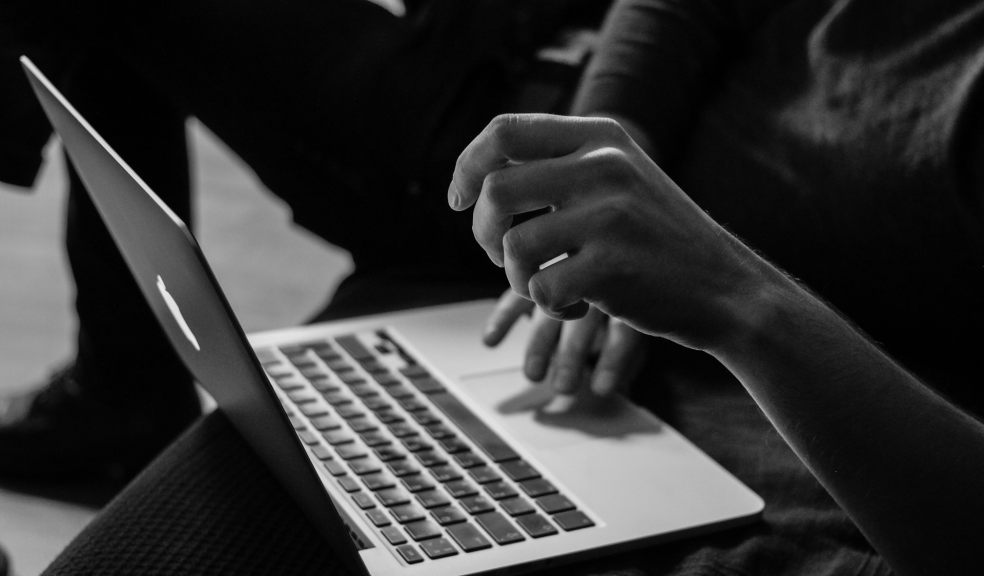
How to Avoid Online Tracking and Surveillance – A Guide to Anonymous Web Browsing
When you’re browsing the internet or texting your friends – do you ever feel like someone’s watching?
As technology develops and becomes more pervasive each day, the issue of cyberattacks and spying has become more and more commonplace.
When signing up to websites and apps, you often “consent” (by simply registering) to companies monitoring, evaluating, and marketing your data across many channels. This makes you more vulnerable to identity theft and cyberattacks.
This article will offer valuable guidance on avoiding internet surveillance and protecting your privacy online. It includes measures like Virtual Private Networks (VPNs) and the use of incognito mode.
What is Online Surveillance all About?
So, what’s online surveillance? It essentially involves monitoring and collecting data from people's internet activities, like their browsing history, social media interactions, and online chats.
Usually, it’s done by governments, companies, or hackers, to track behaviour or gather information. Depending on who is gathering the data, it can be used for different purposes – ultimately, it can be for political or legal reasons, for crime, or even for personal reasons.
Since our browsing history and personal data are always being tracked and analysed, it's important to take steps to protect yourself before anything happens.
So how do you boost your online privacy? A good place to start is by using a VPN. It keeps your internet activity under wraps. You could also switch to a search engine that doesn't track your every move.
And while you're at it, take a quick look at your social media privacy settings – it's easy to share more than you mean to these days. Just being a bit more aware of what you put online can go a long way.
The Importance of Online Security
Keeping your online life private is pretty important these days – people are becoming more and more aware of this, as multiple news outlets and even influencers discuss the dangers of leaked data.
It's all about protecting who you are online, what you do, and your personal stuff. So, internet surveillance? It's basically just a fancy way of saying that people are keeping an eye on what we do online – our emails, social media posts, even what websites we visit.
But there are simple things you can do to protect yourself online – a VPN is a good start, as we mentioned, since it hides your internet activity, but two-factor authentication is also a very useful tool.
And, of course, this next one goes without saying – strong passwords. They’re the simplest measure, but one of, if not the most important and most efficient technique. There’s no excuse not to use strong, unique and unbreakable passwords with the advent of password managers, too.
How to Prevent Being Monitored on the Internet
- Making Use of Virtual Private Networks (VPN)
The number of governments and hackers attempting to gain personal data is increasing, which is raising worries about internet spying.
Fortunately, using a VPN is a simple solution to this problem. A virtual private network, or VPN, allows you to access the internet in a private and secure manner.
Your IP address is also hidden when you use a VPN, making it impossible for someone to link your online activity to you. With a VPN like Surfshark VPN, you may browse the internet without interruption while being confident that your personal information is secure.
- Social Media Safety
Nobody writes letters anymore, right? Instead, we all rely on social media these days. While, yes, it’s a fantastic way to keep in touch with family and friends, it can also be used for online monitoring.
Maintain privacy and limit who can view your profile. Think about it – if the entire internet can see your photos and posts, who knows what they might do with it? Also, it's critical to stay away from clicking on shady links or emails and to never provide your login details to outside parties.
- Using Encryption to Secure Your Conversation
By encrypting your online chats, you can prevent people from trying to access your private conversations, emails, files you’ve shared, etc.
Your data will always remain private and secure thanks to encryption, even in the improbable event that it is intercepted by a third party. Whether you use chat apps, email communication, or online banking, encryption is an essential tool for protecting your digital life.
- Browsing Anonymously
Internet snooping worries those who value their online privacy more and more. A suitable method of protecting oneself from prying eyes is to browse anonymously.
In order to prevent being followed on the Internet, you need to use a secure VPN service to enable anonymous browsing, which also involves hiding your name and location. There are also new search engines and browsers that promise to keep your data private.

















